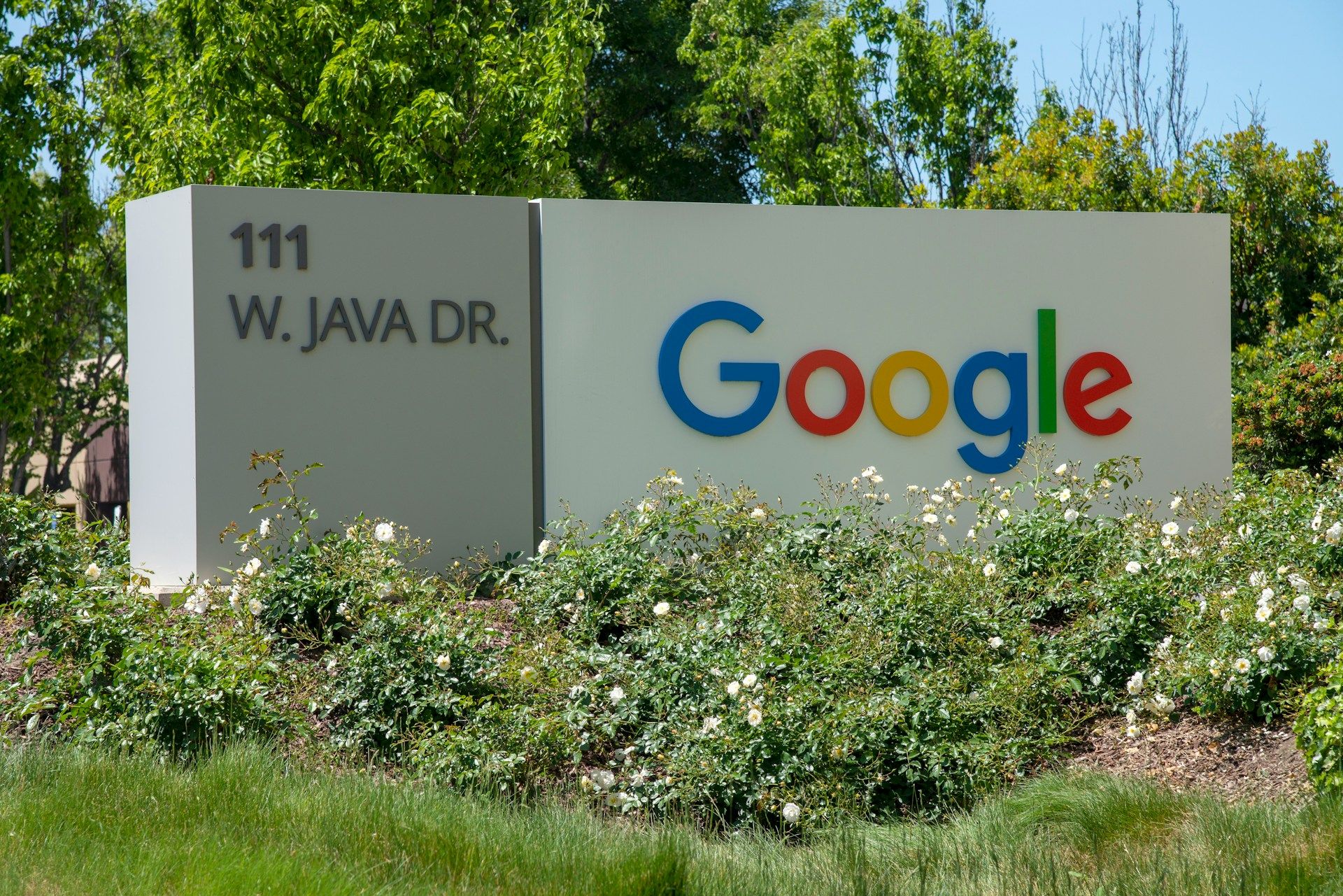
Google Set to Limit Crypto Advertisements in the EU to MiCA-Compliant Companies
Overview
Crypto platforms must obtain MiCA licenses to advertise on Google’s services across Europe.
 Google logo in Sunnyvale, CA
Google logo in Sunnyvale, CA
Key Points:
- Google announced that advertisers must hold a MiCA license and pass a certification to run crypto ads in the EU.
- This decision increases regulatory pressures as crypto firms prepare for the full implementation of the MiCA regulations.
- Certain exchanges like OKX, Bitpanda, and MoonPay are already compliant with MiCA.
The search engine giant, Google, declared that it will only permit cryptocurrency exchanges and software wallets to market their services in the European Union, provided they meet the licensing requirements set by the EU’s Markets in Crypto-Assets (MiCA) regulation starting on April 23. Advertisers are also required to obtain certification from Google, proving their registration as a Crypto-Asset Service Provider (CASP) under the MiCA framework, while adhering to any additional legal requirements specific to individual countries.
MiCA, which will affect all 27 EU member states, represents a significant shift from the existing fragmented national licensing systems that govern crypto advertisements in various regions. Google has granted a temporary extension for those already advertising in countries like France, Germany, and Finland, allowing their national licenses to remain effective until mid-to-late 2025 during the transition to MiCA.
On non-compliance, Google stated that accounts will not be immediately suspended; instead, a warning will be issued at least seven days prior to any enforcement actions.
Currently, several cryptocurrency exchanges have acquired a MiCA license, including OKX, Crypto.com, Bitpanda, Boerse Stuttgart Digital, eToro, and others.


